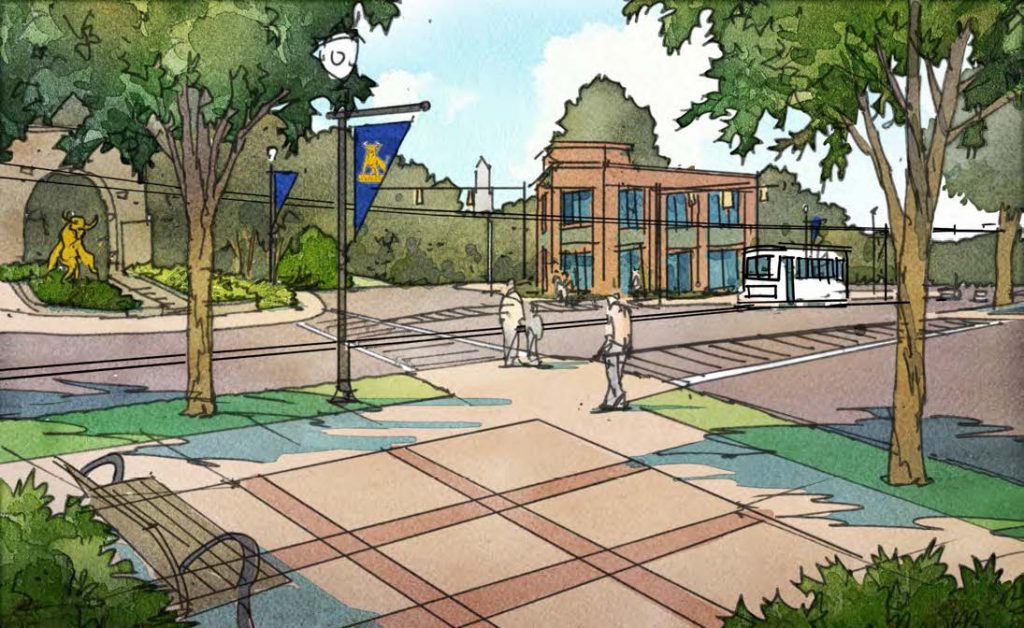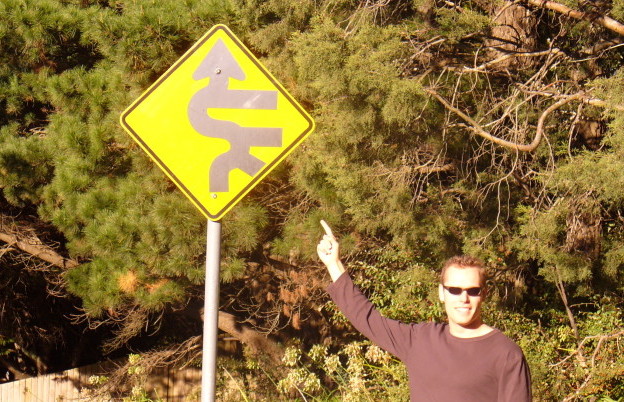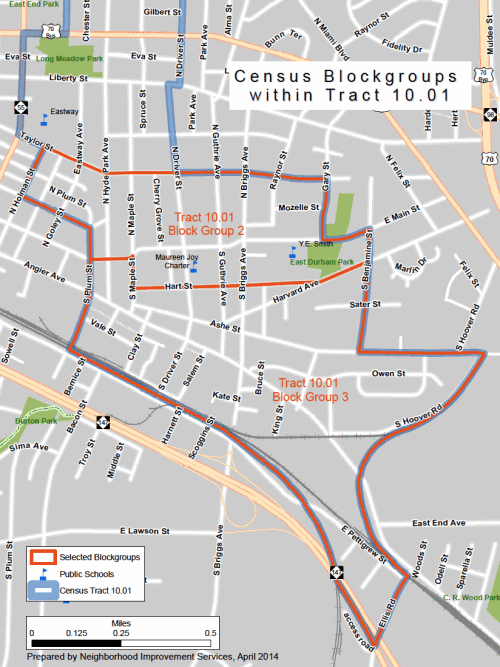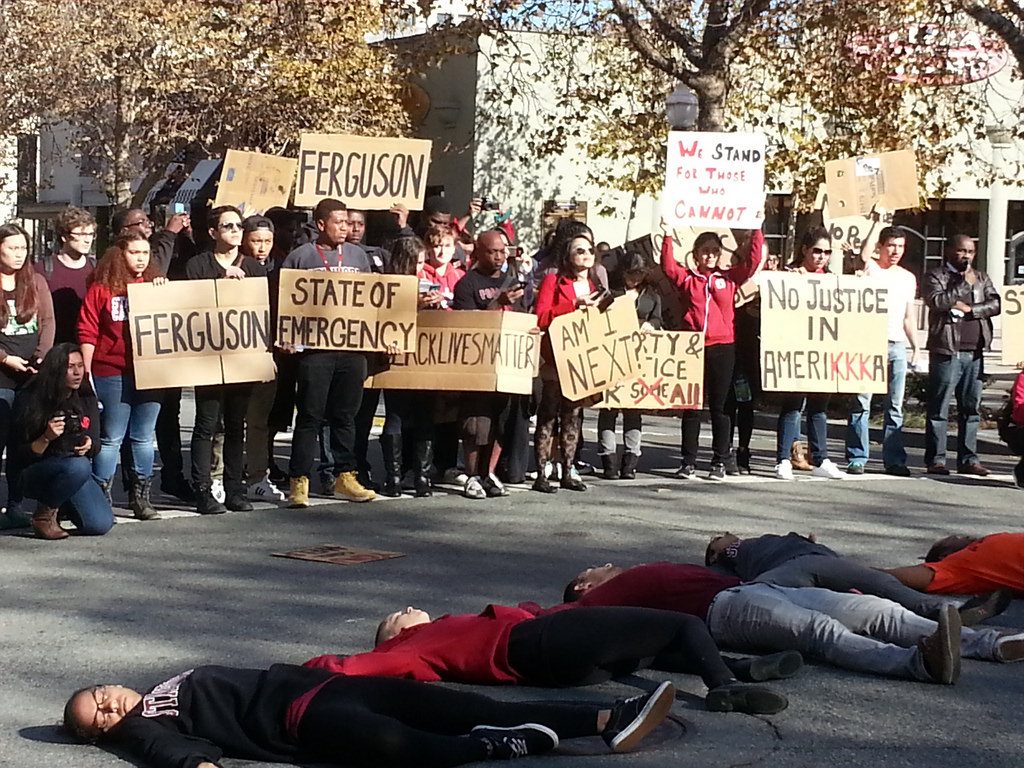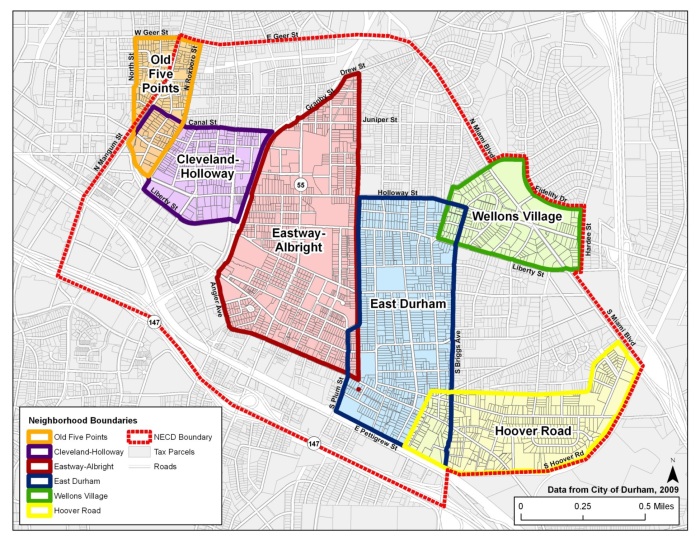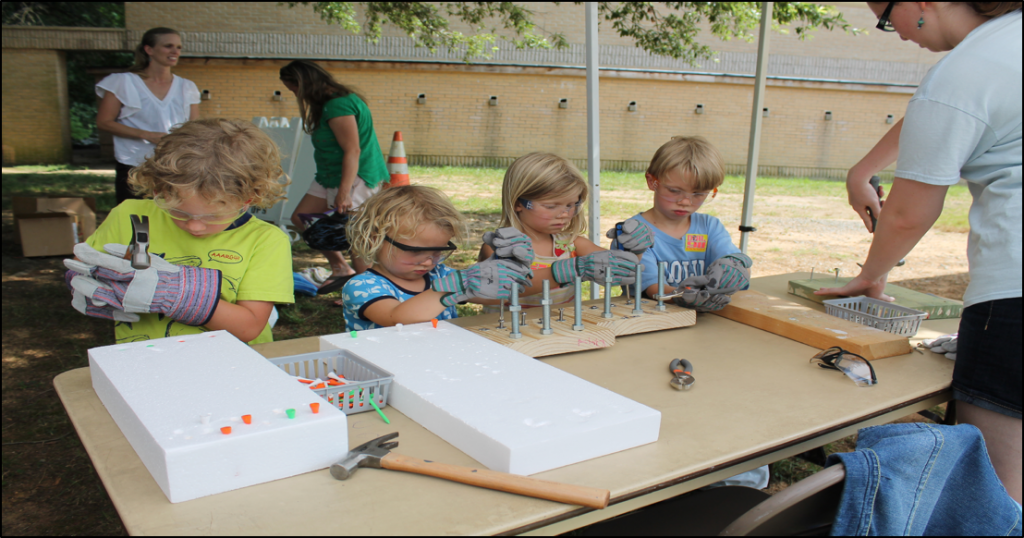
This post was written by Rose Cuomo. Rose Cuomo, Kidzu’s Community Outreach and Special Programs Coordinator has been working in the museum field for over four years, holding a Master’s Degree in Museum Education and a Bachelor’s Degree in Art History. Cuomo has been with Kidzu for 2 years and has planned and facilitated over 250 programs with children and community partners during this time. In 2016, her outreach efforts reached over 4,000 families in the Chapel Hill/Carrboro area and grew the museum’s partnerships with community artists, scientists, and makers by 35%.
As the Community Outreach and Special Programs Coordinator at Kidzu Children’s Museum in Chapel Hill, North Carolina, I am charged with making our educational programming accessible to all in our community. Important questions for us include: How does Kidzu make a difference and partner with our neighbors? How can I assist with making Kidzu a true “museum for all”? How can Kidzu’s programming celebrate and reflect the needs of Chapel Hill’s residents and build trust within communities? How can Kidzu best extend its reach beyond the museum walls?
